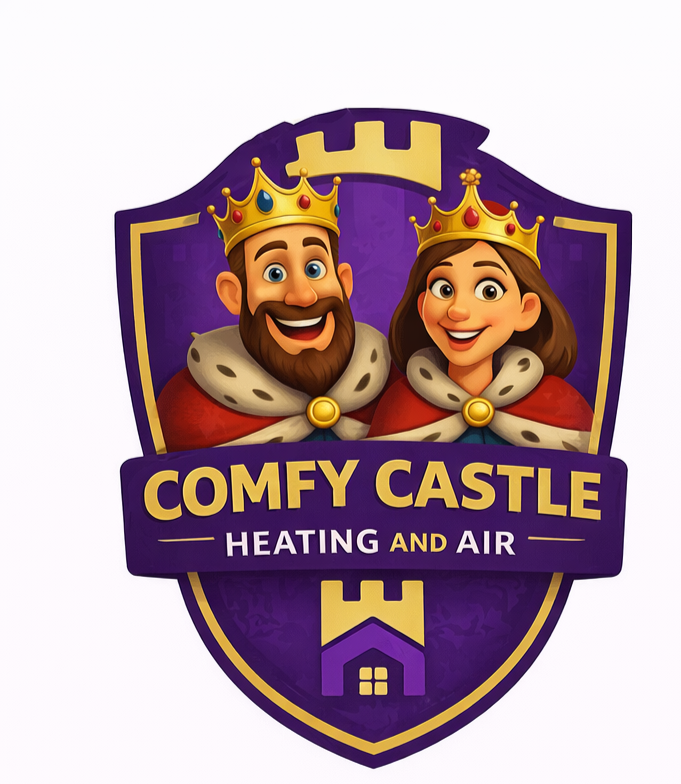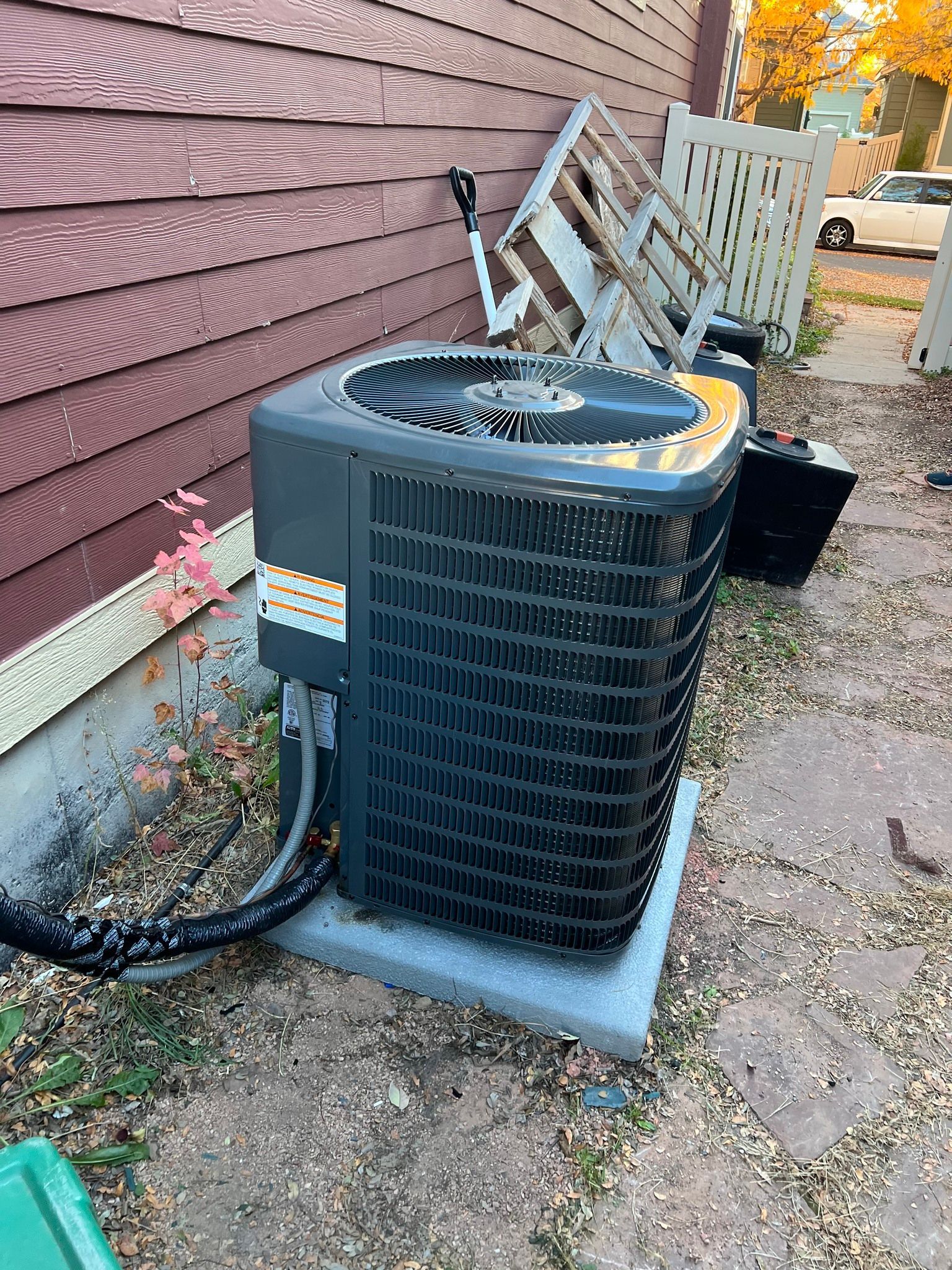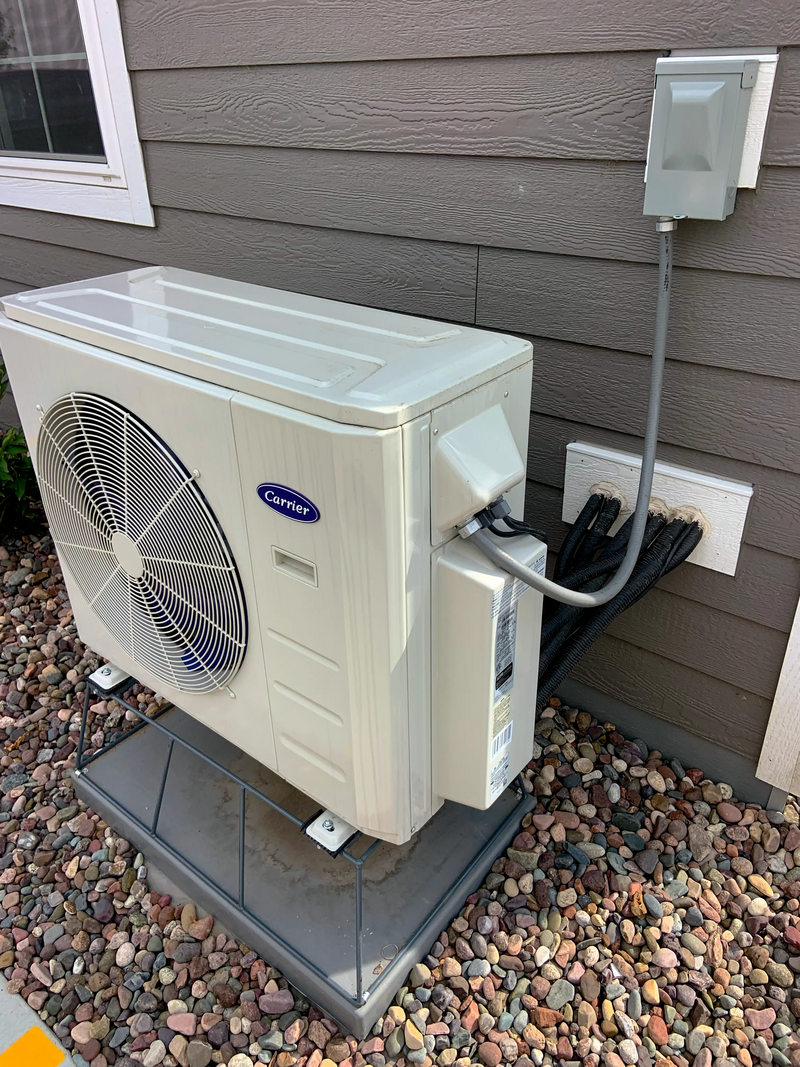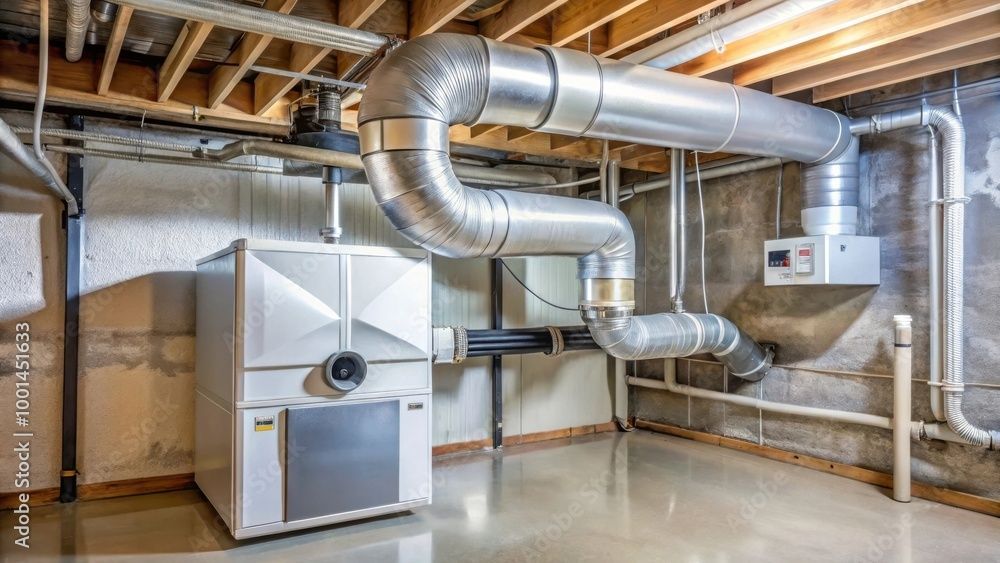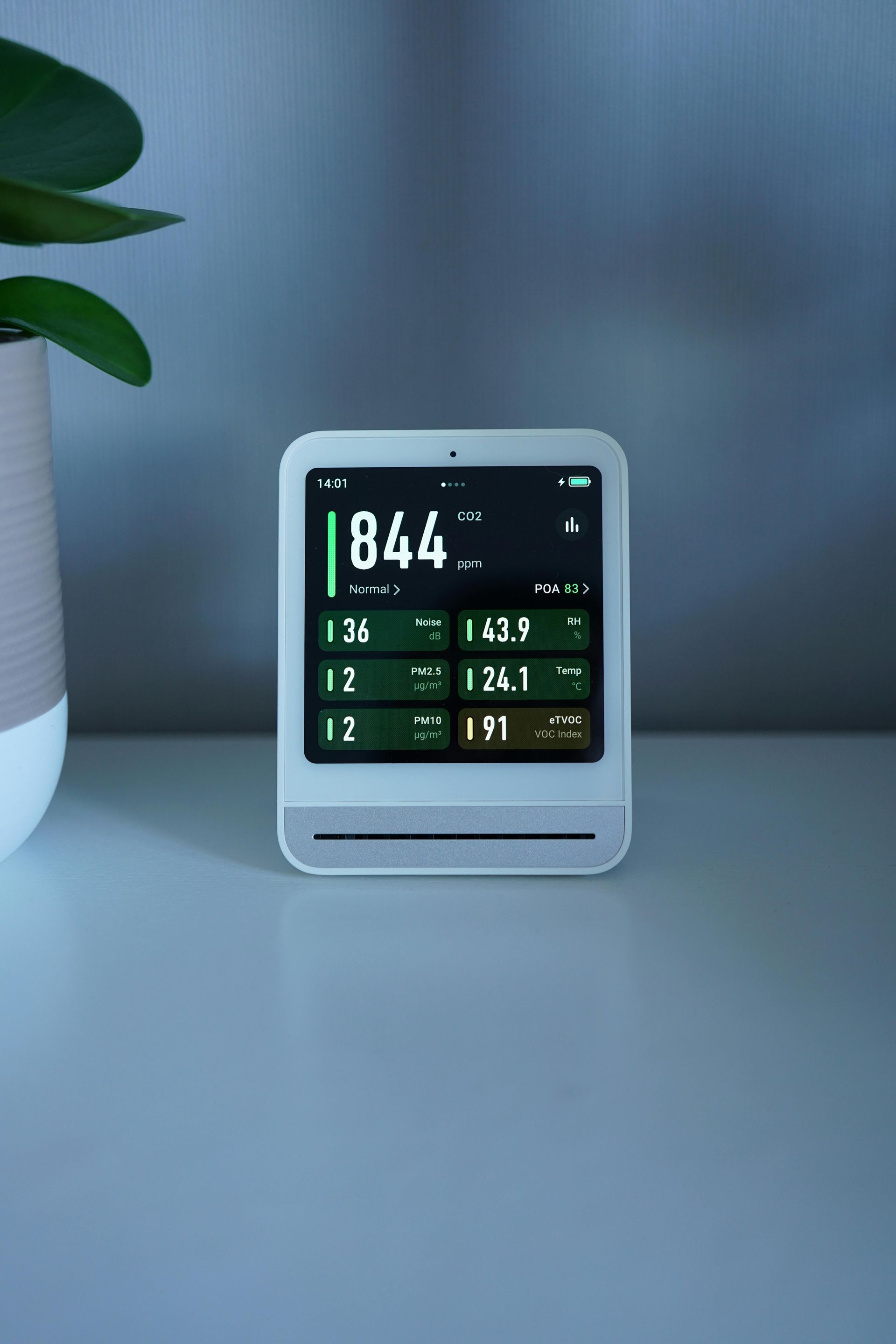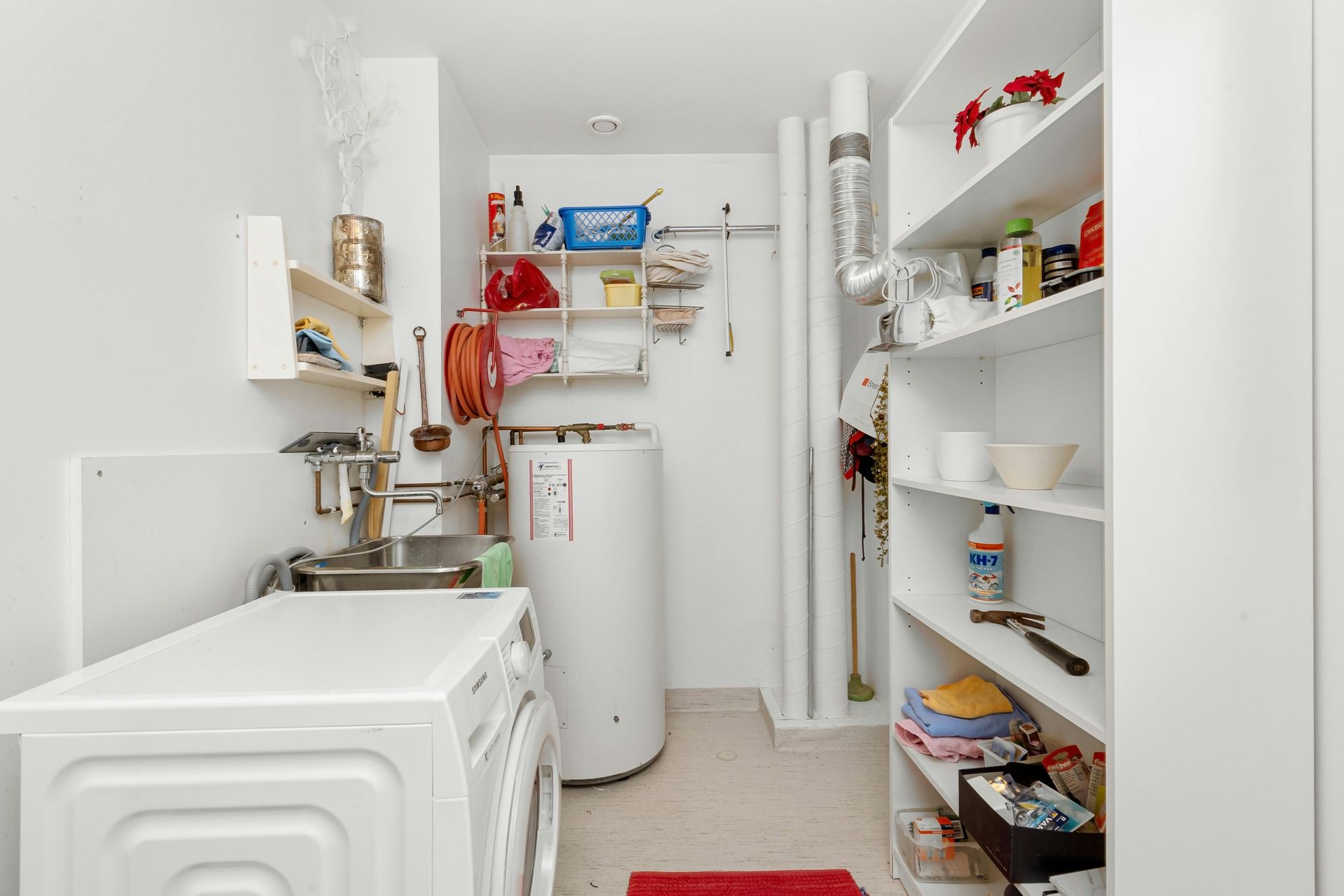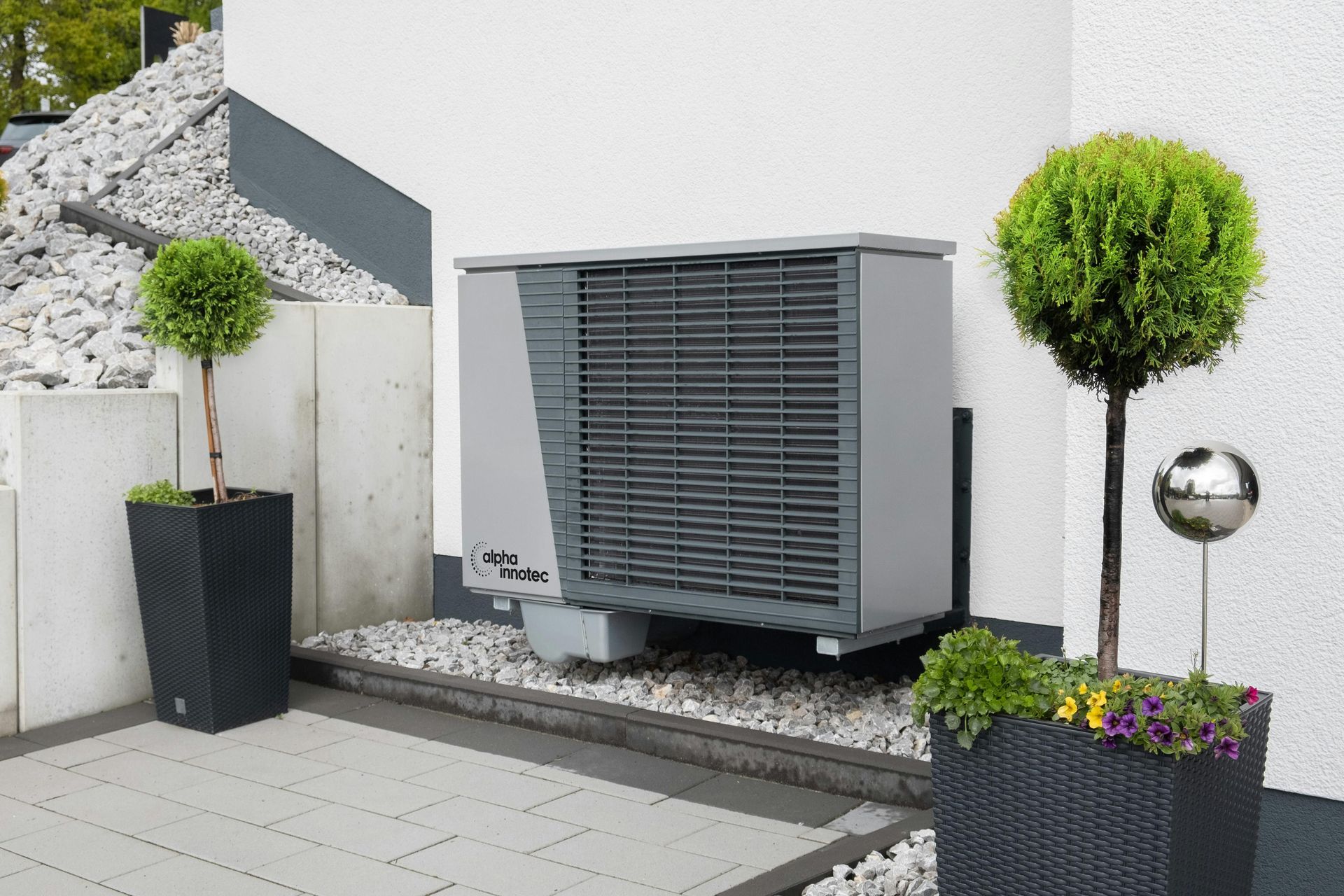Your Questions, Answered.
Clear Answers for Your Home Comfort
Common HVAC Questions
Our goal is to provide you with the information you need to make informed decisions about your home's comfort. Below, you'll find answers to some of the most common questions we receive about our services, equipment, and general HVAC best practices.
Furnace
-
How often should I have my furnace maintained?
It's recommended to have your furnace professionally maintained once a year, preferably in the fall before the heating season begins. This ensures it runs safely and efficiently.
-
What are the signs my furnace needs repair?
Common signs include strange noises (banging, squealing), a lack of heat, a yellow pilot light instead of a blue one, or a sudden spike in your heating bills.
-
How long does a furnace typically last?
With regular, professional maintenance, a gas furnace can last between 15 to 20 years. An electric furnace may last even longer, up to 30 years.
-
When should I consider replacing my furnace?
For a standard 1-inch filter, it's best to check it monthly and replace it every 1 to 3 months, especially if you have pets or a lot of dust.
-
When should I consider replacing my furnace?
You should consider a replacement if your furnace is over 15 years old, requires frequent or expensive repairs, or if your energy bills are consistently high despite regular maintenance.
Air Conditioner
-
How often should my A/C unit be serviced?
Your air conditioner should be professionally serviced once a year, ideally in the spring, to ensure it's ready for the summer heat and to catch any issues early.
-
What does "SEER" rating mean?
SEER stands for Seasonal Energy Efficiency Ratio. It's a measure of your air conditioner's cooling efficiency. A higher SEER rating indicates a more energy-efficient unit, which can lead to lower energy bills.
-
Why is my A/C unit making a strange noise?
Unusual noises like rattling, buzzing, or hissing could indicate a variety of problems, including loose parts, a refrigerant leak, or a failing motor. It's best to have a professional diagnose the issue.
-
How long does an air conditioner typically last?
A well-maintained central A/C unit generally lasts about 15 to 20 years. Consistent professional maintenance is the key to maximizing its lifespan.
-
What can I do to improve my A/C's efficiency?
The most effective actions are regularly changing your air filter, keeping the outdoor unit free of debris and foliage, and setting your thermostat to an energy-saving schedule.
Heat Pump
-
What's the difference between a heat pump and a furnace?
A furnace generates heat by burning fuel (gas, oil), while a heat pump moves heat from one place to another. In summer, it moves heat out of your home, and in winter, it pulls heat from the outside air to warm your home.
-
How often should a heat pump be serviced?
Since heat pumps provide both heating and cooling, they work year-round. It's recommended to have them serviced twice a year—once in the spring for cooling and again in the fall for heating.
-
Why is my heat pump blowing cold air in winter?
This can be normal during the defrost cycle, but if it's constant, it could signal a refrigerant leak, a thermostat issue, or a problem with the reversing valve.
-
What is the average lifespan of a heat pump?
With proper maintenance, a heat pump typically lasts about 10 to 15 years.
-
Is a heat pump more energy-efficient than a traditional furnace?
Yes, heat pumps are generally more energy-efficient because they transfer heat rather than generating it. This can lead to significant savings on your energy bills.
Humidifier
-
Why should I have a whole-home humidifier?
A whole-home humidifier adds moisture to your air, which can alleviate dry skin, irritated sinuses, and static electricity. It can also help preserve wood furniture and flooring in your home.
-
How often should a humidifier be cleaned?
It's important to clean your humidifier regularly to prevent mold and mineral buildup. Manufacturer guidelines vary, but generally, it should be cleaned at least once per month during the season of use.
-
What are the signs my humidifier needs repair?
Signs include no moisture being produced, leaks around the unit, or the humidistat not properly controlling the humidity level.
-
How often should the water panel or filter be replaced?
The water panel (or pad) should be replaced at least once a year. Some manufacturers recommend more frequent changes depending on usage and water quality.
-
What is the ideal humidity level for my home?
The recommended indoor humidity level for optimal health and comfort is typically between 40% and 50%.
Thermostat & In-Home Air Quality
-
How can a smart thermostat save me money?
A smart thermostat allows you to program schedules, adjust the temperature remotely, and optimize your heating and cooling based on your habits, leading to reduced energy waste and lower bills.
-
What is "indoor air quality" and why is it important?
Indoor air quality (IAQ) refers to the quality of the air inside and around your home. Poor IAQ can cause health issues, while good IAQ contributes to a healthier and more comfortable living environment.
-
What causes poor indoor air quality?
Poor IAQ can be caused by various factors, including dust, pollen, pet dander, mold, volatile organic compounds (VOCs) from cleaning products, and inadequate ventilation.
-
How can I improve my home's indoor air quality?
Common methods include regularly changing your HVAC air filters, installing air purifiers or UV germicidal lights, and ensuring proper ventilation with systems like HRVs or ERVs.
-
When should I upgrade my thermostat?
Consider upgrading if your current thermostat is old, non-programmable, or if you're looking for more precise temperature control and energy-saving features.
Mini-Split
-
What is a mini-split system?
A mini-split, or ductless system, is a highly efficient heating and cooling system that doesn't require ductwork. It's ideal for single rooms, home additions, or homes without an existing duct system.
-
How long does a mini-split installation take?
A single-zone mini-split installation can typically be completed in 4 to 6 hours, while a multi-zone system may take longer depending on the number of indoor units.
-
Do mini-split systems require maintenance?
Yes, while they are low-maintenance, mini-splits still require regular servicing. It's recommended to have them inspected annually to ensure efficiency and clean indoor and outdoor coils.
-
Why is my mini-split unit leaking water?
Water leaks are often caused by a clogged condensate drain line, a dirty air filter, or an issue with the indoor unit's drain pan.
-
Are mini-splits a good choice for my whole house?
Yes, multi-zone mini-split systems are a great solution for heating and cooling an entire house. They offer independent temperature control for each room, which can significantly improve comfort and energy efficiency.
Light Commercial Boiler
-
How often should a light commercial boiler be maintained?
It's recommended that light commercial boilers are professionally maintained at least once a year. Regular, proactive maintenance prevents unexpected breakdowns and ensures the system operates safely and at peak efficiency, which is crucial for a business environment.
-
What are the signs that my commercial boiler needs repair?
Signs can include inconsistent heating, strange noises like rattling or whistling, a drop in system pressure, or visible leaks around the unit. If you notice any of these issues, it's important to contact a technician to prevent further damage and downtime.
-
What is the typical lifespan of a light commercial boiler?
With consistent and professional maintenance, a commercial boiler can last for many years, often between 15 to 25 years. The lifespan can vary depending on the unit's size, usage, and maintenance history.
-
Can a malfunctioning boiler affect my business's safety?
Yes, a poorly maintained or malfunctioning boiler can pose safety risks, including carbon monoxide leaks or water damage from leaks. Regular professional maintenance ensures all safety controls and components are functioning properly, protecting both your property and personnel.
-
How can regular maintenance help me save money?
Regular maintenance keeps your boiler running efficiently, which reduces energy consumption and lowers your monthly utility bills. It also helps catch small issues before they become major, costly repairs, saving you from expensive emergency service calls.
General HVAC Questions
-
How can I make my HVAC system last longer?
The most important step is scheduling annual or bi-annual professional maintenance. Additionally, regularly changing your air filters and keeping outdoor units clear of debris will help extend its lifespan.
-
What does HVAC stand for?
HVAC stands for Heating, Ventilation, and Air Conditioning. It's a general term for all the systems that control the temperature and air quality in your home.
-
How do I know if my HVAC system is the right size for my home?
An oversized system can "short-cycle," turning on and off too frequently, which wastes energy. An undersized system will run constantly and struggle to keep your home comfortable. A professional load calculation is needed to determine the correct size.
-
Do I need to get a permit for a new HVAC installation?
Yes, in most areas, a permit is required for replacing major HVAC components. A licensed contractor will typically handle the permitting process for you.
-
Why are my energy bills so high?
High energy bills can be caused by several factors, including an old or inefficient system, poor insulation, leaky ducts, or a dirty air filter. Regular maintenance can often help diagnose and solve these issues.
